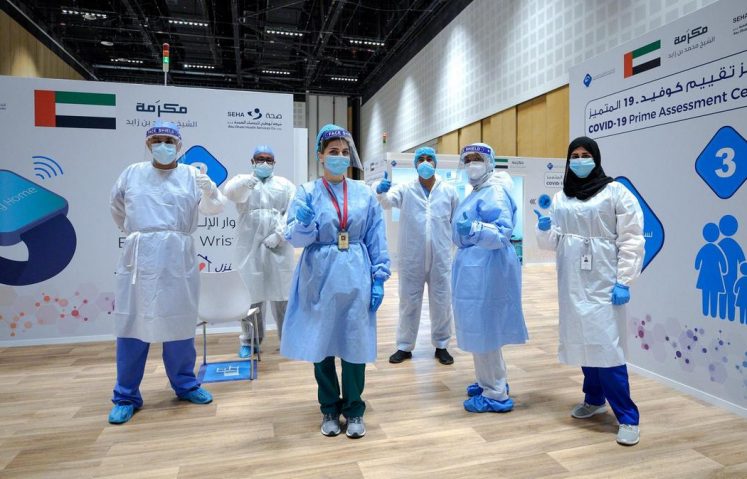The World Health Organization (WHO) has released an interim report on the “Fourth round of the global pulse survey on continuity of essential health services during the COVID-19 pandemic: November 2022–January 2023.” The report indicates that health systems in countries are showing promising signs of recovery after three years of the COVID-19 pandemic. While disruptions in routine health services have reduced, the report emphasizes the importance of investing in recovery efforts and building stronger resilience for the future.
Recovery of Health Services:
Among the 139 countries that participated in the survey, nearly one-quarter of services, on average, still experienced disruptions. However, in 84 countries analyzed for trends, the percentage of disrupted services declined from 56% in July-September 2020 to 23% in November 2022-January 2023. These disruptions stem from both demand- and supply-side factors, such as low healthcare-seeking behavior in communities and limited availability of healthcare resources and personnel.
Positive Progress:
The survey reveals that fewer countries intentionally scaled back access to essential health services compared to the previous reporting period in 2020-2021. This marks a significant step toward returning to pre-pandemic levels of service delivery and overall system functioning. By the end of 2022, most countries reported partial signs of service recovery across various healthcare areas, including sexual and reproductive health, maternal and child health, immunization, communicable and noncommunicable diseases, mental health, care for older people, and traditional/complementary care.
Challenges and Backlogs:
Despite progress, service disruptions persist across countries, income levels, and service delivery settings. Countries face increasing backlogs, particularly in the screening, diagnosis, and treatment of noncommunicable diseases, leading to adverse consequences as individuals experience delayed access to essential care. These disruptions are of great concern as the adverse health effects from the disruption of essential health services can surpass the impact of the pandemic itself, especially among vulnerable populations.
Integration of COVID-19 Services:
The report highlights the integration of COVID-19 services into routine health service delivery as a crucial step toward system recovery. Most countries have made significant progress in fully integrating COVID-19 vaccination, diagnostic, and case management services, as well as services for post COVID-19 conditions, into routine care. However, some countries still face challenges in scaling up access to essential COVID-19 tools, with health workforce issues and funding constraints being the most common barriers.
Support for Recovery and Preparedness:
Countries have begun implementing lessons learned during the pandemic by incorporating innovative strategies to mitigate service disruptions into routine health service delivery.
These strategies include telemedicine approaches, home-based care, strengthening health worker capacities, improved procurement and supply chain management, enhanced community communications, and partnerships with private sector providers. Three-quarters of the countries reported allocating additional funding towards longer-term system recovery, resilience, and preparedness.

Countries expressed the need for continued support from the WHO in addressing remaining challenges, such as health workforce strengthening, monitoring capacities, primary healthcare-oriented models, and financial planning and funding.
The WHO report demonstrates positive developments in the recovery of health systems from the COVID-19 pandemic. While challenges and disruptions persist, countries are taking significant steps towards restoring essential health services and integrating COVID-19 services into routine care. Continued investment, collaboration, and support from the WHO and other stakeholders are vital to ensure sustained recovery, resilience, and preparedness for future challenges in the global healthcare landscape.
















